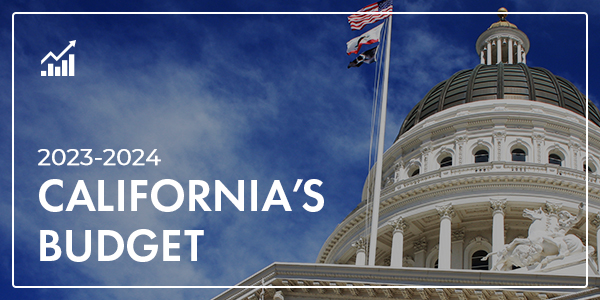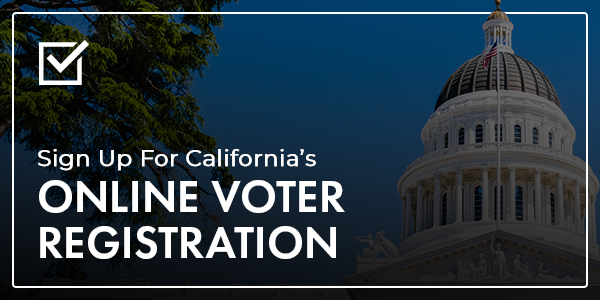The Show Goes On - Portantino’s Nonprofit Theater Bill Signed by Governor Newsom
For Immediate Release: September 29, 2022
Contact: Lerna Shirinian, (818) 409-0400
The Show Goes On - Portantino’s Nonprofit Theater Bill Signed by Governor Newsom
Sacramento, CA - Senate Bill 1116, a measure introduced by Senator Anthony J. Portantino (D – Burbank) which seeks to create a payroll fund to support small nonprofit performing arts venues (SNPAOs), was signed into law today by Governor Newsom. The effort comes at a time when small community theatres are struggling in the aftermath of the pandemic.
“I am ecstatic and grateful that Governor Newsom recognized the importance of live performing arts in California. This vibrant community drives much of California’s creative economy. Despite strong community support, neighborhood theaters have suffered from under-investment and COVID-19 shutdown impacts,” stated Senator Portantino. “Investment in the arts helps all generations of Californians. In many cases, local theatres introduce young people to the arts and create opportunities for excellent careers with living wages. Collectively, we must lift the curtain and turn on the lights!”
Prior to the pandemic, California ranked 28th in state arts funding on a per capita basis. This chronic long-term underfunding of the industry amounted to a double-hit when the pandemic shut down much of the live arts. Johns Hopkins University reports that, as of October 2021, the percentage of job losses at nonprofit arts organizations remains more than three times worse than the average of all nonprofits.
SB 1116 establishes the Equitable Payroll Fund (EPF), a grant program designed to support live performances – and workers directly – by providing substantial reimbursements of payroll expenses. This program will support jobs for anyone hired as an employee by a SNPAO, including both production and non-production employees and administrative staff. It does not apply to independent contractors who qualify as such under the ABC test set out in the Dynamex decision and codified by AB5.
“This bill is an important step forward for California’s live arts industry and the thousands of arts workers who have still not fully recovered from the COVID shutdown,” said Kate Shindle, President of Actors’ Equity Association. “In signing this bill, Governor Newsom clearly understands that the live arts are a huge economic driver in communities across California. Our work is not over, as we must now secure funding for this program in the next session. I’m grateful for the leadership of Senator Portantino, who brought this innovative bill to the floor for a vote, and hope that Governor Newsom will work with our coalition to fund it.”
The EPF will begin to stabilize SNPAOs immediately; preventing more closures and helping these organizations grow quickly to self-sustainability. The EPF will provide the greatest percent reimbursement to the smallest organizations. Since labor costs in the performing arts are relatively flat, these historically underfunded organizations are the hardest hit and most at risk. As SNPAOs grow, the percentage of payroll expenses that is reimbursed decreases as organizations are better able to absorb these costs. When an SNPAO reaches $2M, they graduate out of the program.
"This is landmark legislation for the live performing arts in California," said Martha Demson, Board President of the Theatre Producers of Southern California. "Once funded, the Equitable Payroll Fund will save hundreds of vibrant theatre, music and dance organizations that are currently in great jeopardy of shutting down. The investment will lead directly to thousands of jobs for artists; it will create access and a path to upward mobility for underrepresented creative workers; and it will ensure that our small nonprofit performing arts organizations remain an engine for economic growth and well-being in local communities. We are grateful to Senator Portantino for his leadership, and applaud Governor Newsom and the State Legislature for taking action in support of social justice and inclusion in the arts and entertainment industry. We look forward to working together on the budget component in the next legislative session."
###





